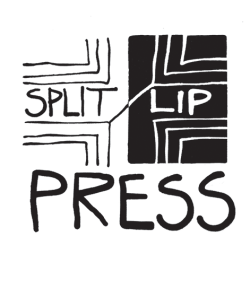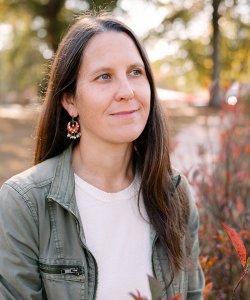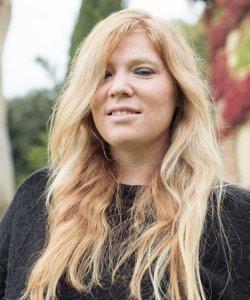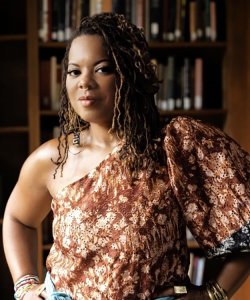Hybrid Writing and the Story Without an Ending

The author of The Body Alone: A Lyrical Articulation of Chronic Pain contemplates how hybrid writing can capture ongoing stories without neat endings.
Jump to navigation Skip to content

The author of The Body Alone: A Lyrical Articulation of Chronic Pain contemplates how hybrid writing can capture ongoing stories without neat endings.

The author of The Body Alone: A Lyrical Articulation of Chronic Pain contemplates how hybrid writing can capture the nonlinear chronology of pain.

Dedicated to “boundary-breaking prose,” Split/Lip Press is on the hunt for work that raises questions about the status quo and fits their punk aesthetic. The press publishes four titles a year, all selected from open submissions.

“Above all, be brave!” —Sheila Carter-Jones, author of Every Hard Sweetness

“By the time I finished I actually felt that the topic had chosen me.” —Erika Howsare, author of The Age of Deer: Trouble and Kinship With Our Wild Neighbors

“I’m very much a write-when-it-comes kind of writer.” —Kimberly Grey, author of A Mother Is an Intellectual Thing

“I was writing this hybrid lyric thing that was hard to fall into a rhythm with at first.” —Claudia Acevedo-Quiñones, author of The Hurricane Book: A Lyric History

“I am constantly questioning, resisting, studying, accepting, and wondering—all of which I believe to be the hallmarks of the writer’s life.” —Airea D. Matthews, author of Bread and Circus

The author of Mistaken for an Empire: A Memoir in Tongues considers how archival photography can provide a rich source for literary and sociopolitical inquiry.

The author of Anodyne takes a poetic approach to prose writing.